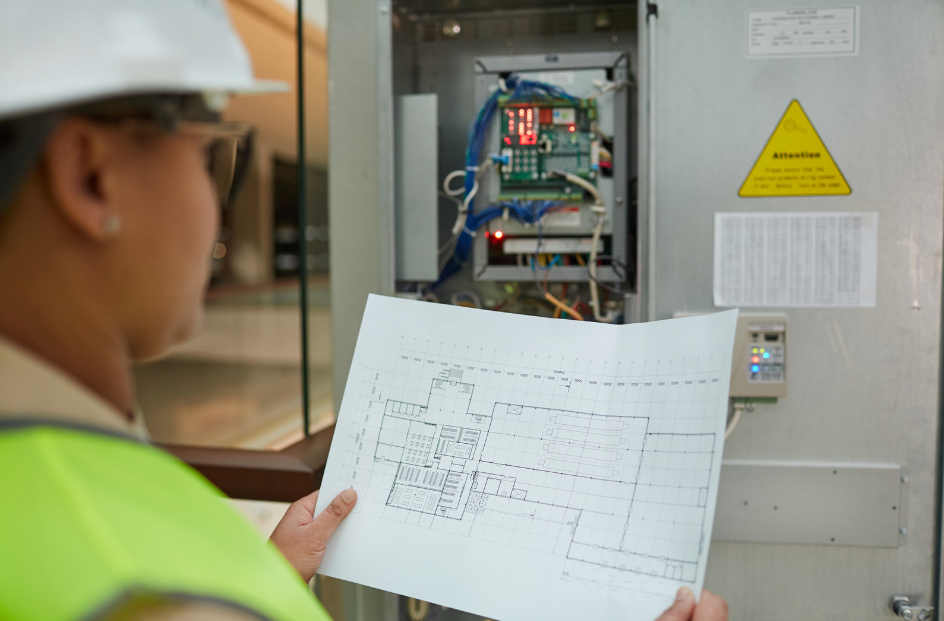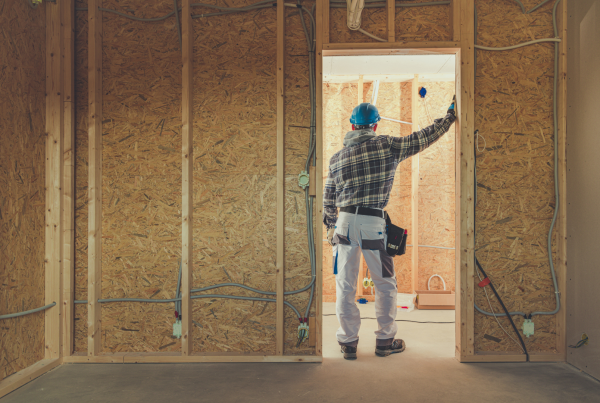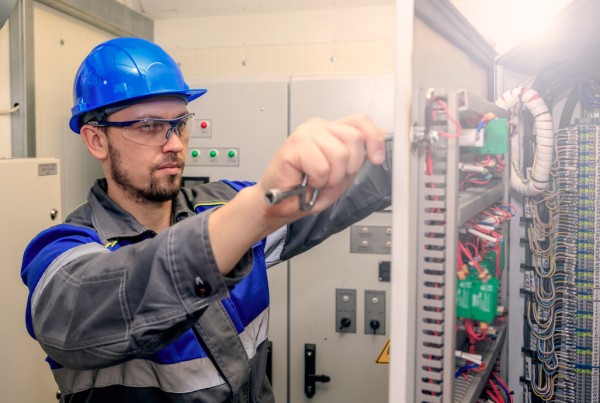The Importance of Upgrading Existing Buildings to Modern Electrical Codes: A Focus on Safety and Fire Prevention
Introduction
In the realm of building maintenance and renovation, one aspect that often gets overlooked is the electrical system. With technological advancements and increased power demands, it’s crucial for existing buildings to comply with modern electrical codes. This adherence is not just a matter of regulatory compliance; it’s fundamentally about ensuring safety and preventing fires.
Understanding Electrical Codes
Electrical codes are sets of regulations governing the installation and maintenance of electrical systems. These codes, which are updated regularly, are designed to ensure safety, efficiency, and reliability. They cover a wide range of areas, including wiring methods, circuit breaker capacities, and proper grounding.
The Safety Imperative
The primary reason for upgrading to modern electrical codes is safety. Outdated electrical systems pose significant risks. Wiring that was sufficient for the demands of the past may now be inadequate, leading to overheating and potential fire hazards. Modern codes address these risks by specifying safer materials, better installation practices, and more effective safety mechanisms.
Fire Prevention
Electrical malfunctions are a leading cause of building fires. Upgrading electrical systems in accordance with the latest codes plays a crucial role in fire prevention. Modern codes incorporate advancements in technology and lessons learned from past incidents to mitigate fire risks. This includes the installation of arc-fault circuit interrupters (AFCIs) and ground-fault circuit interrupters (GFCIs), which are critical in preventing electrical fires.
Adapting to Technological Advancements
As technology evolves, the electrical demands of buildings increase. Modern electrical codes account for these changes by setting standards that ensure electrical systems can handle current and future power needs safely. Upgrading older buildings to meet these standards is essential to accommodate modern appliances and electronic devices without overloading the system.
Insurance and Liability Considerations
Compliance with electrical codes also has implications for insurance and liability. Buildings not up to code may face higher insurance premiums, or worse, denial of claims in the event of an electrical fire. Moreover, property owners could face legal liabilities if outdated electrical systems cause accidents or damage.
Energy Efficiency and Cost Savings
Modern electrical codes often emphasize energy efficiency, leading to long-term cost savings for building owners. Upgraded systems are typically more efficient, reducing energy consumption and lowering utility bills. Moreover, energy-efficient systems are better for the environment, aligning with broader sustainability goals.
Navigating the Upgrade Process
Upgrading an existing building’s electrical system to meet modern codes can be a complex process. It requires a thorough assessment of the current system, a clear understanding of the latest codes, and the expertise to implement the necessary changes. Hiring qualified electricians and working closely with local building authorities is essential for a successful upgrade.
Conclusion
Bringing existing buildings up to modern electrical codes is a crucial step in ensuring the safety and well-being of occupants. It’s not just about adhering to regulations; it’s about taking proactive measures to prevent fires and accidents. Upgrading electrical systems in older buildings is an investment in safety, efficiency, and sustainability. It’s a responsibility that building owners and managers must prioritize to protect their properties, tenants, and the broader community. As the construction industry continues to evolve, staying abreast of and complying with modern electrical codes will remain an essential aspect of building management and maintenance.




